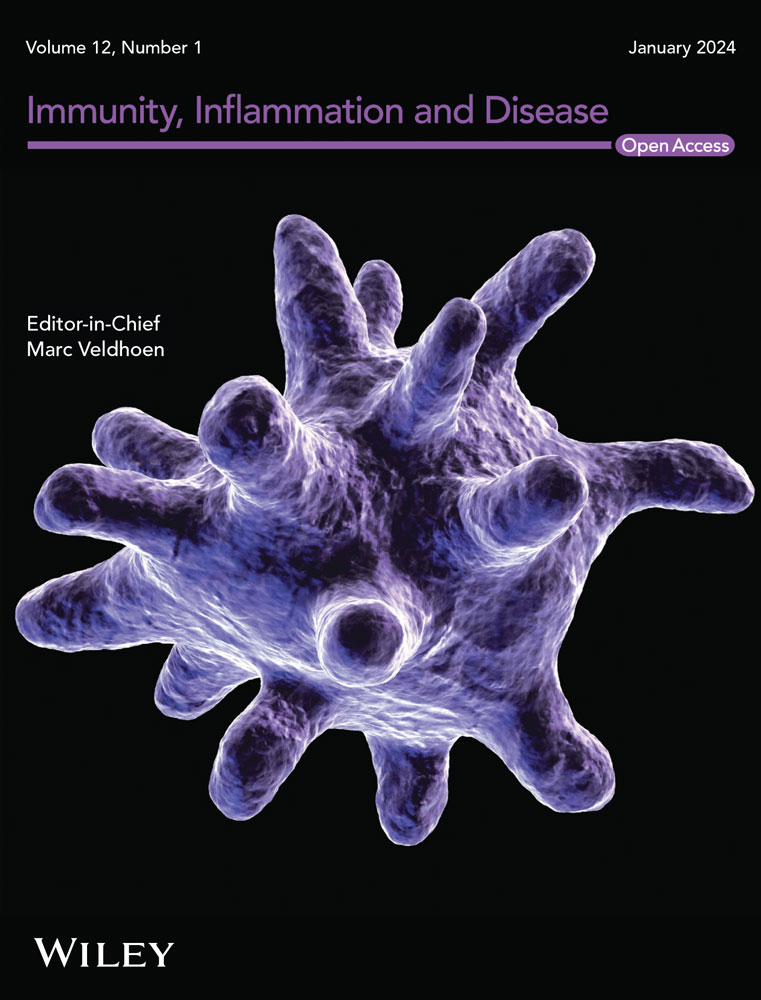Obesity and Chronic Inflammation: Implications for Rheumatoid Arthritis, Spondyloarthritis, and Ulcerative Colitis
Abstract
Background
Immune-mediated inflammatory diseases (IMIDs) are a group of chronic conditions characterized by dysregulated immune responses and persistent inflammation. Rheumatoid arthritis (RA), spondyloarthritis (SpA), and ulcerative colitis (UC) exemplify prominent IMIDs, each presenting unique challenges for their management, that impact patient's quality of life (QoL). Obesity, marked by persistent low-grade inflammation, influences the progression, response to treatment, and clinical management of patients with RA, SpA, and UC. Besides, the emerging role of sarcopenic obesity, a special subtype of obesity with malnutrition, should be considered in the definition of the appropriated therapeutic interventions.
Methods
This narrative literature review summarizes recent evidence on the interplay between obesity-induced inflammation and IMIDs.
Results
Obesity contributes to elevated levels of proinflammatory cytokines, influencing the inflammatory pathways common to IMIDs. White adipose tissue, acting as an endocrine organ, produces cytokines like TNF-α and IL-6, fueling chronic inflammation. The dysregulation of adipokines, such as leptin and adiponectin, further complicates this interplay, impacting immune responses and metabolic processes.
Conclusions
Understanding the cross-talk between inflammatory pathways in obesity and IMIDs can provide insight into potential targets for intervention. This includes lifestyle modifications aimed to regulate weight gain, paving the way for comprehensive strategies to manage IMIDs in the context of obesity.


 求助内容:
求助内容: 应助结果提醒方式:
应助结果提醒方式:


